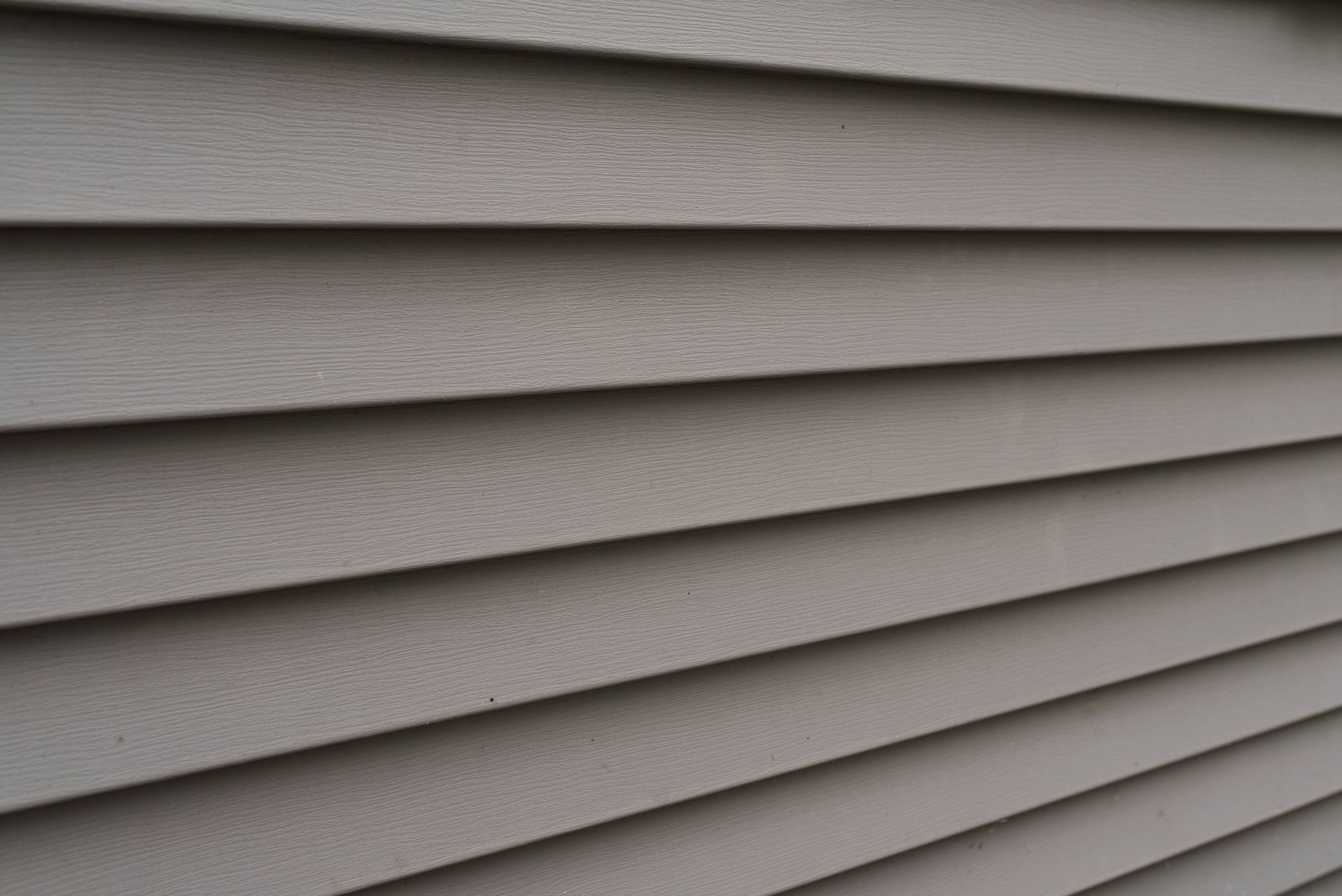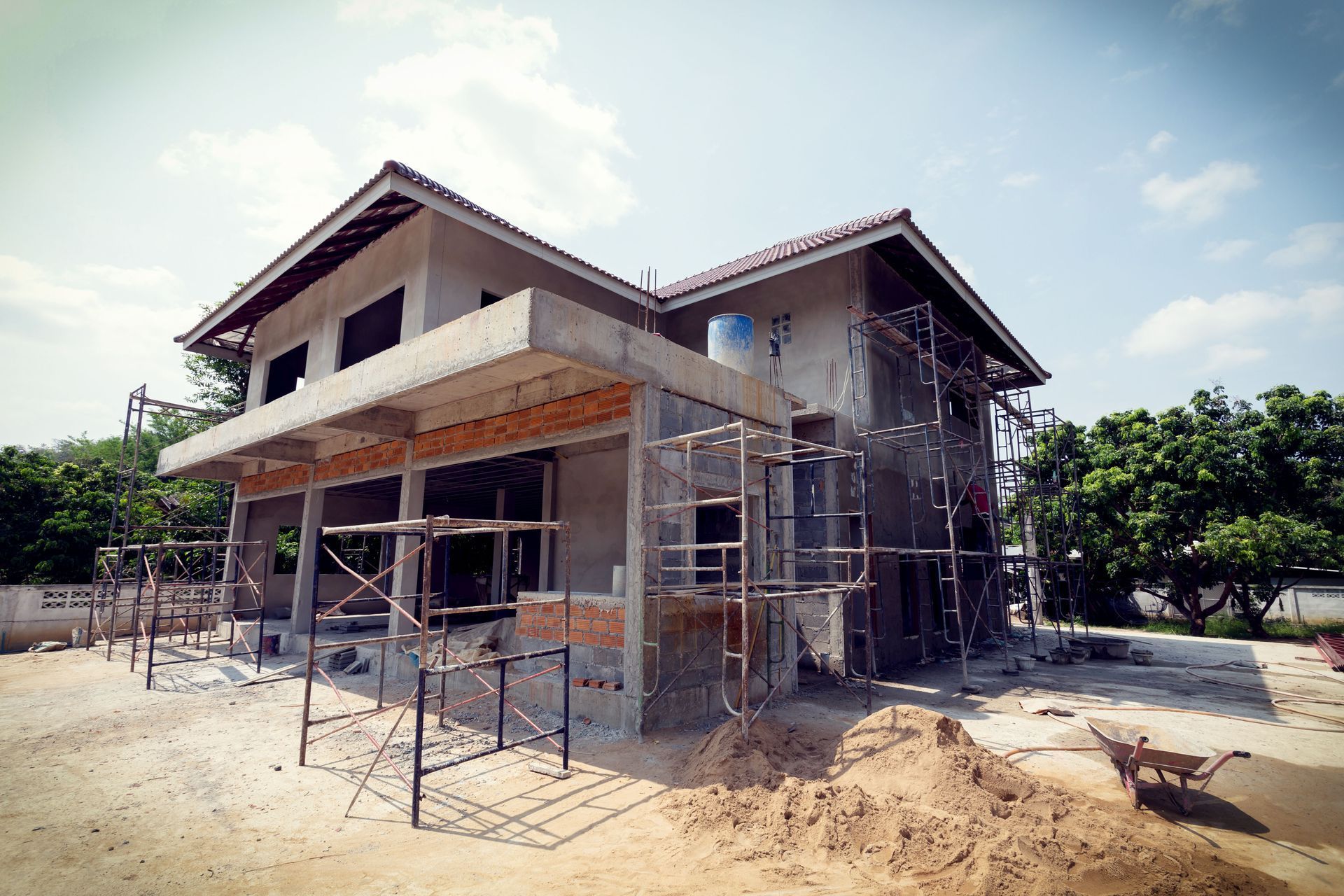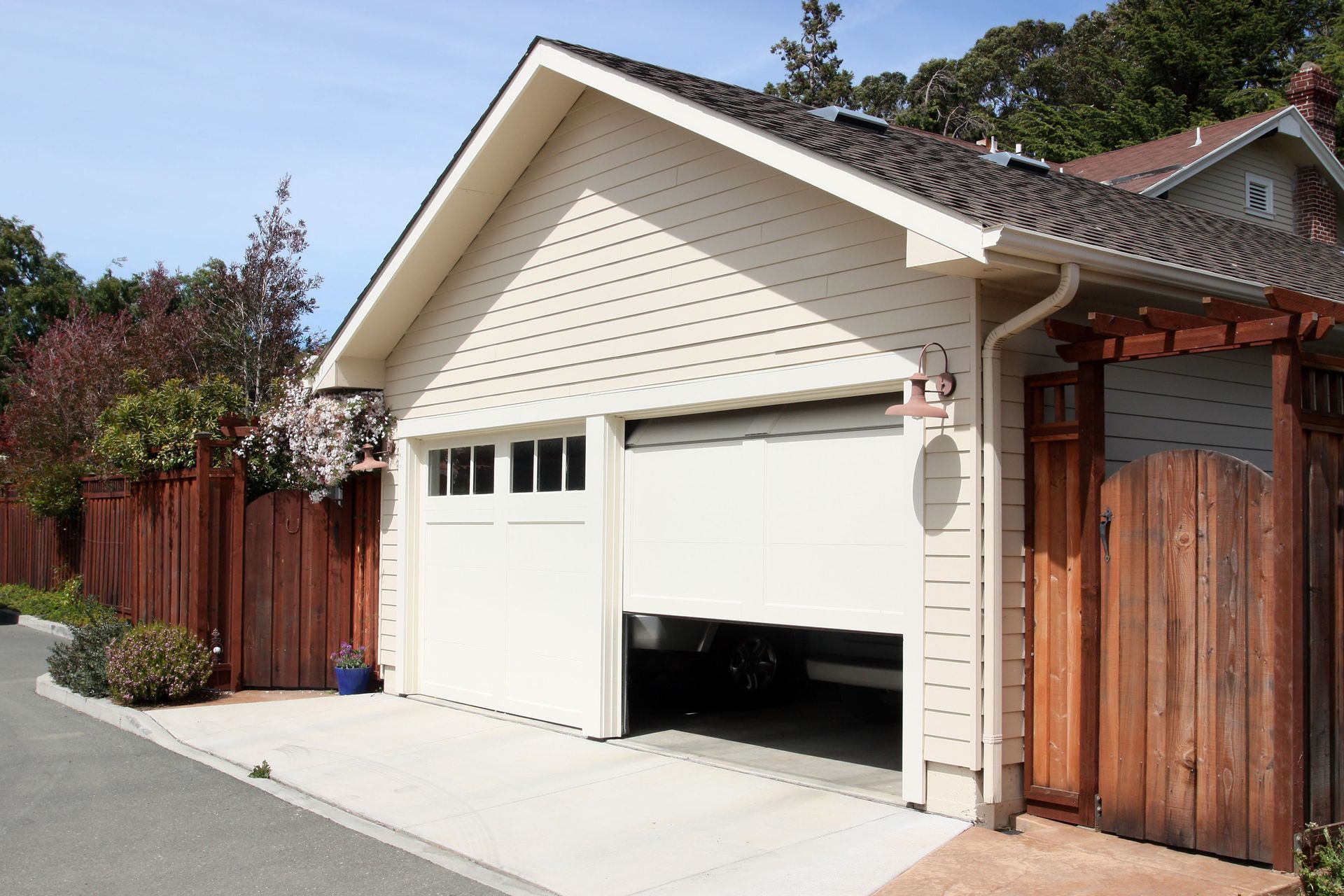Do You Handle Permits and Inspections, or Do I Need To?
October 2, 2025
October 2, 2025
Highlights:
- Permits and inspections are critical for safety and code compliance.
- Homeowners often rely on contractors to manage the entire process.
- Urbana, IL projects require adherence to local building regulations.
- Dillman Brothers provides guidance and coordination for permits.
- Research confirms permits protect homeowners from costly mistakes.
Importance of Permits and Inspections
One of the most common questions homeowners in Urbana, IL ask when planning a construction project is, “Do you handle permits and inspections, or do I need to?” The short answer is that most professional contractors, including Dillman Brothers, handle this process for you. Permits and inspections may seem like red tape, but they serve an important purpose: protecting homeowners by ensuring construction meets local codes. This blog explains why permits are necessary, what inspections involve, and how contractors simplify the process.Local Building Codes and Safety
Local building codes exist to keep projects safe and durable. Permits allow municipalities to verify that construction follows these standards before, during, and after work. Without them, homeowners risk fines, unsafe structures, or even legal disputes when selling a property. For Urbana, IL, codes cover everything from roofing and siding to window installations and additions. Dillman Brothers emphasizes that permits are not just paperwork—they’re insurance against costly mistakes. Having a licensed contractor take responsibility ensures compliance without overwhelming homeowners.Permit Costs and Contractor Advantages
According to HomeGuide , construction permits cost on average between $500 to $2,000 depending on the project’s total value, complexity, and location. Even seemingly small upgrades like window replacements may need approval if they alter the home’s exterior. While some homeowners attempt the application process themselves, it can be confusing and time-consuming. Contractors have established relationships with local offices, which allows them to navigate regulations efficiently. In Urbana, IL, where building requirements can change, partnering with experienced professionals avoids unnecessary delays.Frequently Asked Questions
The inspection process is the next step once permits are secured. Inspections verify that construction follows the approved plans and meets safety standards. Inspectors typically visit at key stages, such as foundation pouring, framing, electrical installation, or final completion. This is where contractor expertise is invaluable. Contractors like Dillman Brothers schedule inspections, meet with inspectors, and address any required corrections promptly. Homeowners in Urbana, IL benefit from this oversight because it keeps projects on track and ensures quality workmanship that passes official review.
Protecting Homeowner Investments
Permits and inspections also protect your investment. By ensuring the project is completed correctly, you reduce the likelihood of costly repairs down the road. A roof installed without inspection could fail prematurely, while unpermitted electrical work could pose a fire hazard. According to HomeAdvisor , the average cost of a building permit is about $1,650, with most projects costing between $530 and $3,040, depending on project size and location. For Urbana, IL homeowners, following the right steps offers peace of mind and protects the integrity of the property.Frequently Asked Questions
Many homeowners worry that permits slow down projects, but the opposite is often true. Projects completed without permits may be delayed even longer if discovered. Stop-work orders or legal disputes can halt progress indefinitely. Contractors in Urbana, IL know how to anticipate wait times and integrate them into the project plan. Dillman Brothers emphasizes transparency by informing homeowners upfront about which permits are needed and how long approvals may take, reducing surprises during construction.
Permit Costs and Transparency
The cost of permits is another concern. Permit fees vary by location and project type, but they are usually a small fraction of the overall budget. According to the U.S. Census Bureau’s American Housing Survey , the median building permit cost nationwide is about $1,200, though costs can vary significantly depending on the project’s scope and location. In Urbana, IL, fees are based on square footage and complexity. Contractors like Dillman Brothers typically include these fees in their estimates, so homeowners know the total project cost upfront. This eliminates hidden expenses and builds trust.Future Planning and Compliance
Looking ahead, permits and inspections play a vital role in ensuring long-term compliance and peace of mind for Urbana, IL homeowners. Beyond immediate construction needs, properly documented permits support future renovations, resale, and even refinancing opportunities. Buyers and lenders often request evidence that work was completed legally and safely, making records of inspections invaluable. Contractors like Dillman Brothers highlight that having a complete paper trail protects homeowners from disputes while boosting property value. By integrating permits into project planning from the start, residents can secure both short-term safety and long-term financial protection for their homes.Recordkeeping and Future Value
Inspections also provide a clear record for the future. When selling a home, prospective buyers and lenders often request documentation that improvements were permitted and inspected. This reassures buyers that work was done legally and correctly. Homeowners in Urbana, IL gain confidence knowing their investment won’t raise red flags during real estate transactions. Dillman Brothers regularly advises clients on the importance of keeping this paperwork for future use.Peace of Mind and Protection
Finally, the peace of mind that comes from knowing your project is fully compliant is invaluable. With rising costs of construction, homeowners cannot afford to risk redoing work or paying fines. Permits and inspections serve as an added layer of protection that confirms the project was completed properly. Urbana, IL residents can rest easy when their contractor manages these details, ensuring the project’s safety, legality, and long-term durability.Frequently Asked Questions
For Urbana, IL homeowners, permits and inspections are more than just paperwork—they are safeguards that protect both property and investment. By working with experienced contractors like Dillman Brothers, homeowners can avoid costly mistakes, reduce project delays, and feel confident knowing that every upgrade is safe, legal, and built to last. From permits to final inspections, trusting
professionals
ensures compliance and provides peace of mind for years to come.
In addition, properly documented permits add measurable value to a property when it comes time to sell. Buyers and lenders alike see permits as proof that improvements were done safely and legally, which can speed up closings and even support higher resale prices. Considering that unpermitted projects may reduce home value by thousands of dollars, the small upfront investment in permits and inspections delivers lasting financial protection. Urbana, IL homeowners who rely on Dillman Brothers gain not only construction expertise but also long-term assurance that their property will stand strong and maintain value for years into the future.


November 11, 2025
Highlights: Homes in humid or rainy climates demand siding that resists moisture, mold, rot, and warping. Materials like fiber cement and high-quality vinyl stand out for durability and low maintenance. Proper installation and ventilation matter just as much as material choice. Dillman Brothers serves homeowners in Champaign, IL and can guide local siding decisions. Selecting the right siding for Champaign, IL’s conditions helps protect your investment and improve performance. What Climate-Challenges Siding Faces in Humid or Rainy Regions In a region like Champaign, IL where humidity and rain occur regularly, siding faces more than just aesthetic stress: moisture intrusion, mold growth, rot, and warping become real risks. According to Kebony , excess dampness or trapped moisture can quickly damage insulation, weaken wood framing, and create mold inside the home. Homes in wetter and more humid climates require siding systems that manage moisture rather than simply look attractive. That’s why when Dillman Brothers works with homeowners in Champaign, IL, they emphasize materials chosen for water resistance, drainage, ventilation, and proper installation.












